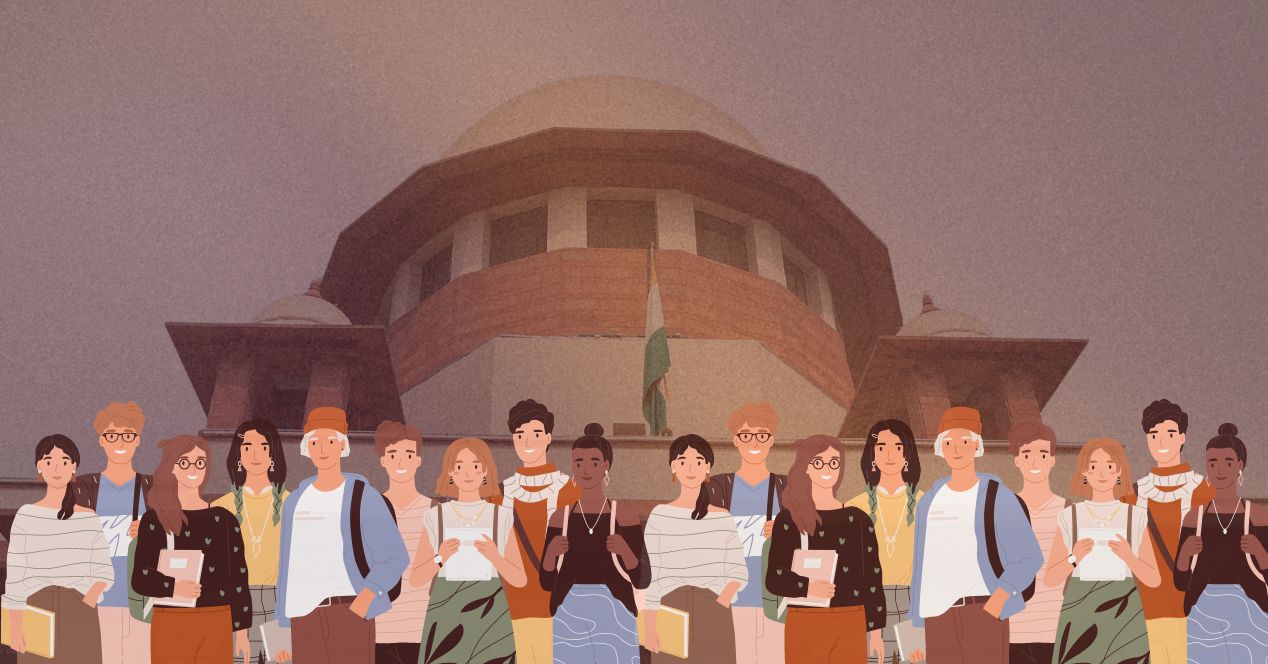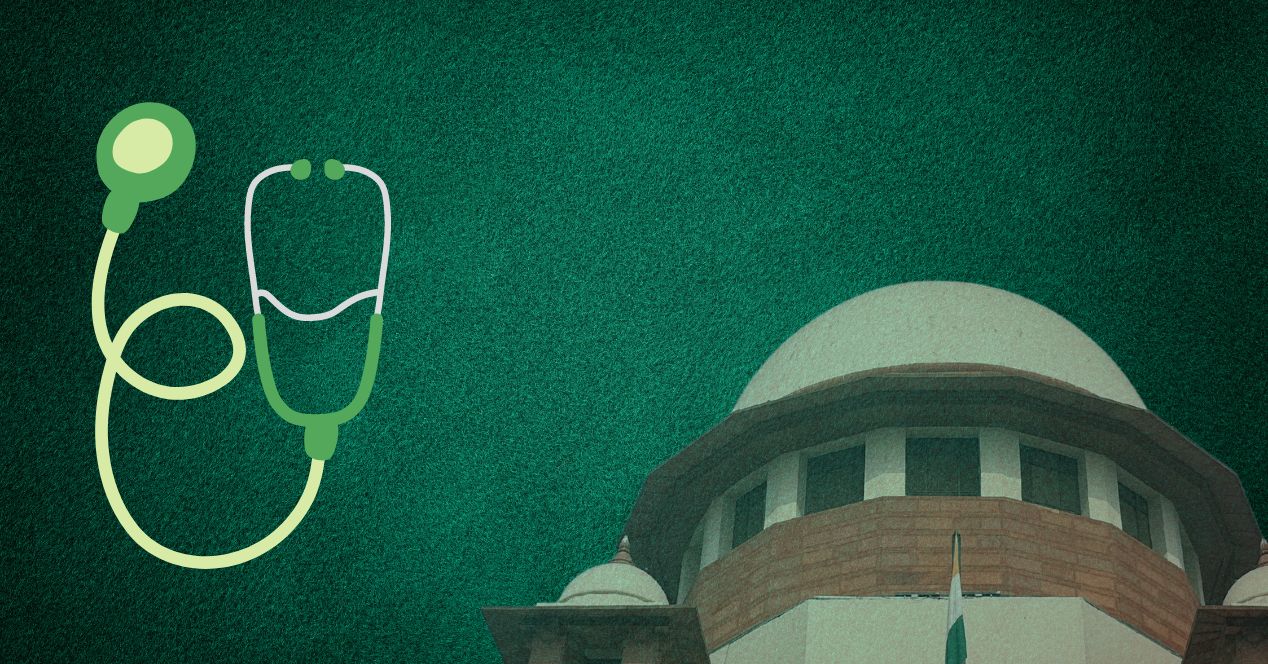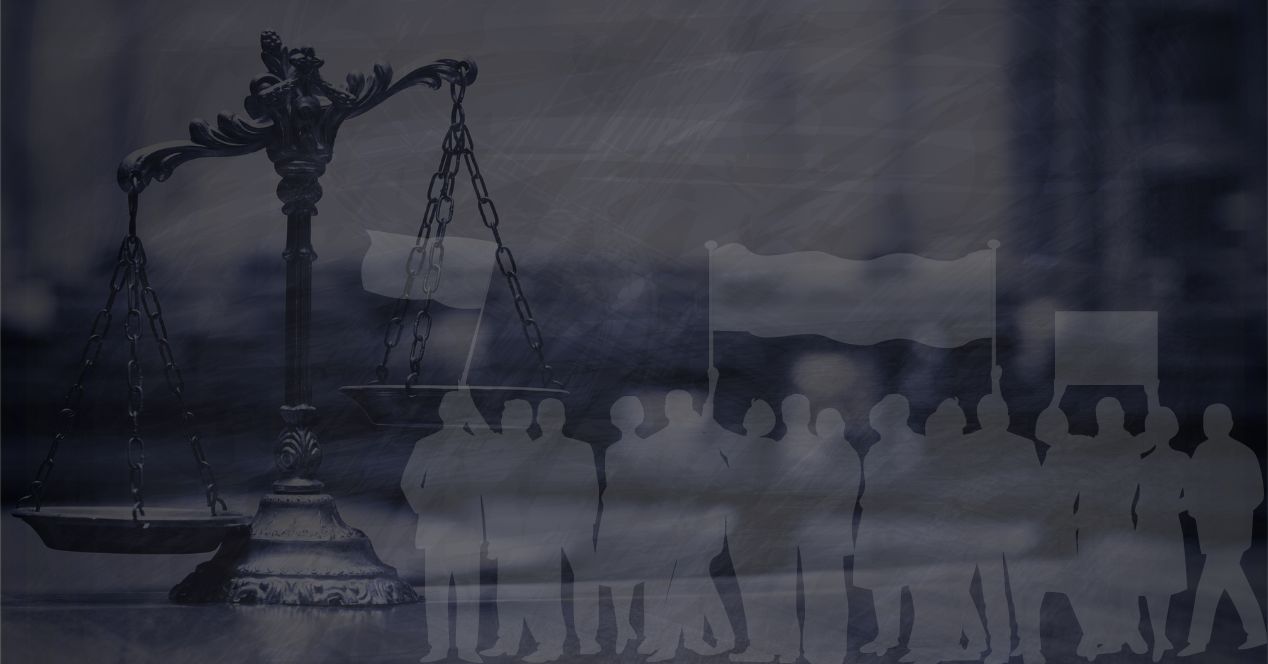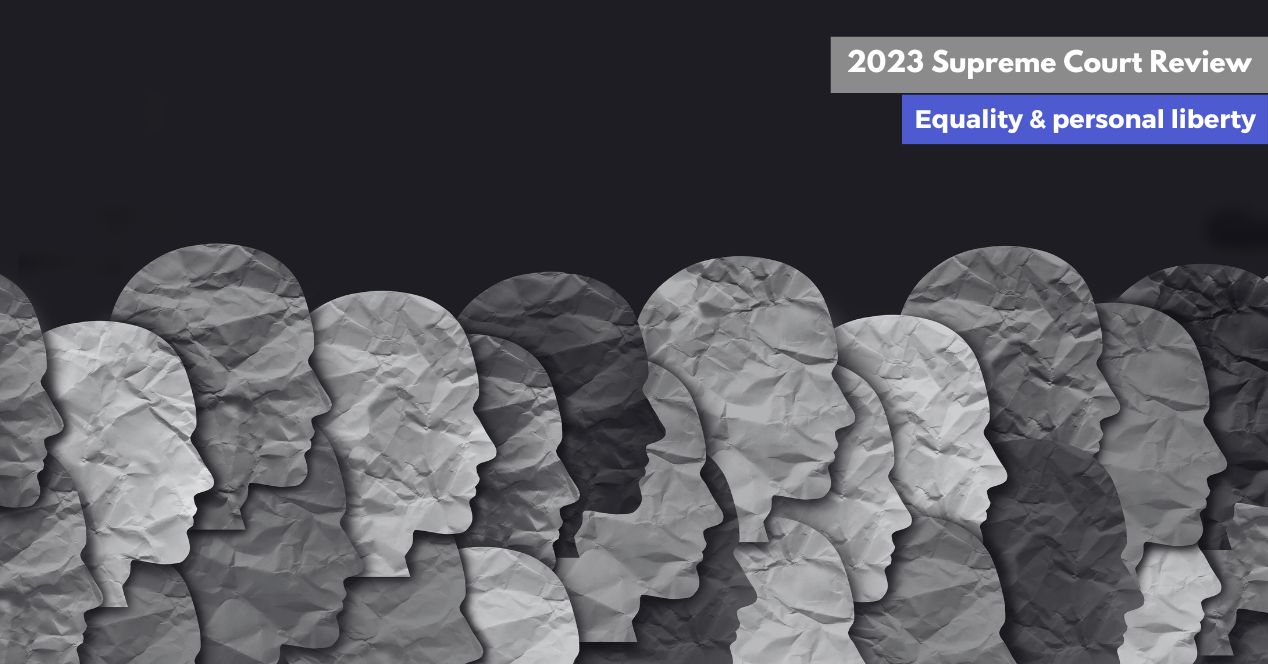Analysis
Supreme Court holds that viewing, storing and possessing ‘child pornography’ is punishable under POCSO Act; overturns Madras HC decision
With this decision, India joins an exclusive club of jurisdictions which have explicitly criminalised watching child pornographic material
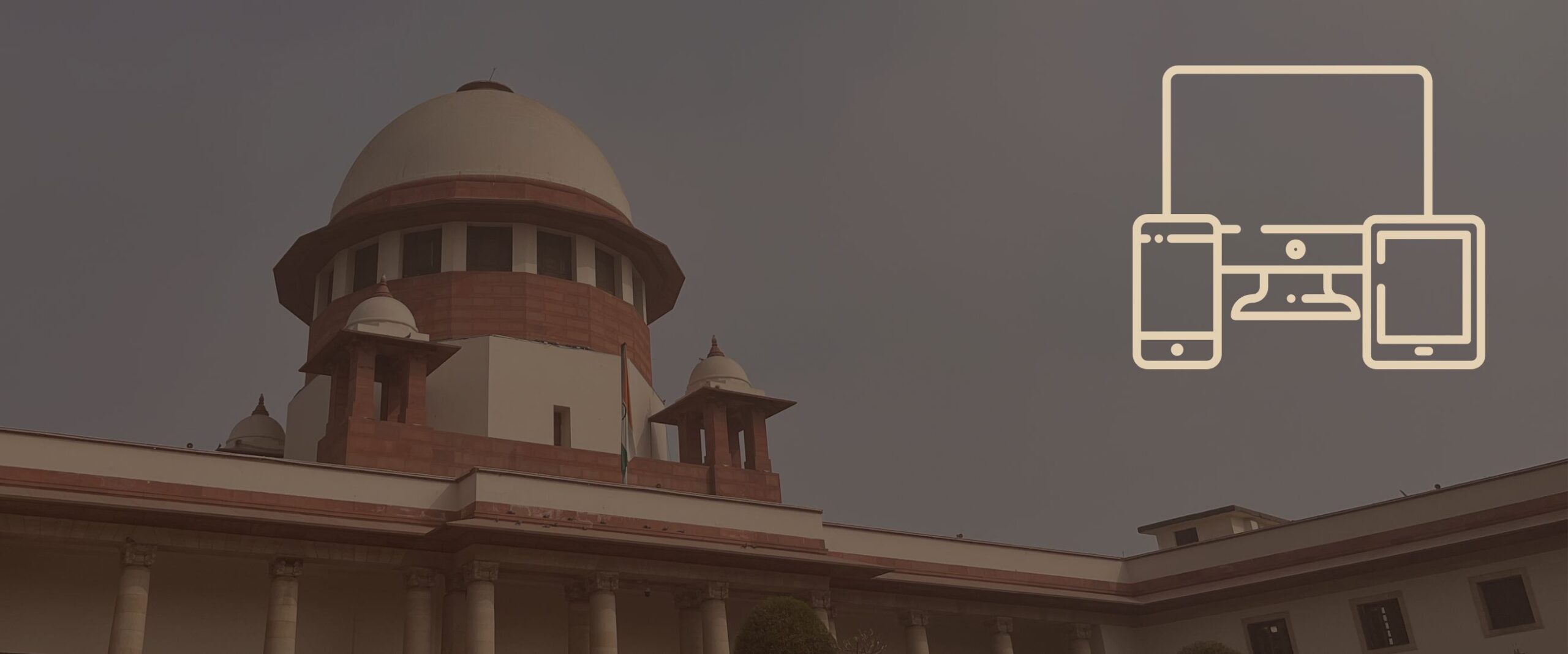
Just Rights for Children Alliance v S. Harish
On 23 September 2024, a Division Bench of Chief Justice D.Y. Chandrachud and Justice J.B. Pardiwala held that the mere viewing, possession and storage of material depicting minors engaged in sexual activity constitutes an offence under the Protection of Children from Sexual Offences Act, 2012 (‘POCSO Act’).
The decision brings closure to a long-standing split among High Courts on the question of whether “mere storage” of ‘child pornography’ can be considered an offence under Section 15 of the POCSO Act, and Section 67B of the Information Technology Act, 2000 (‘IT Act’). Specifically, it overturned the Madras High Court’s decision in S Harish v Inspector of Police and Another (2024) which had quashed criminal proceedings against a POCSO accused after finding that downloading or watching ‘child pornography’ was not, per se, penalised under either the POCSO or IT Act.
Section 15(1) of the POCSO Act states that “any person, who stores or possesses” ‘child pornography’ and “fails to delete or destroy or report” it can be punished with a fine of up to five thousand rupees, and on subsequent offence, upto ten thousand rupees. Section 15(2) states that if the possession and storage are with intent of “transmitting or propagating or displaying or distributing,” that can lead to a higher punishment of up to three years imprisonment. Various High Courts have held that the intent to distribute or commercially use such content was crucial for a Section 15 offence to be made out. The Supreme Court clarified that each of the subsections of Section 15 carve out independent offences.
Section 67B of the IT Act penalises the ‘publishing’ and ‘transmitting’ of child pornography. The Court ruled that Section 67B not only punishes ‘electronic dissemination’ of child pornographic material but also the “creation, possession, propagation and consumption of such material.”
Justice Pardiwala spoke about the need to reject the terminology of ‘child pornography’ and adopt in its stead the term ‘child sexual exploitative and abuse material’, which he noted was more in tandem with the reality of such crimes. He recommended the Parliament to amend the POCSO Act to substitute the terms.
Chief Justice Chandrachud expressed gratitude to Justice Pardiwala during the pronouncement of the Order, for delivering a ‘landmark judgement’. Petitioner counsels were quick to agree. “I think probably in the world, this is the first time this is being dealt with,” Senior Advocate H.S. Phoolka, appearing for the petitioner, noted and the Chief agreed. They were referring to the fact that worldwide, most countries still do not have clear laws that explicitly criminalise viewing and possession of ‘child pornography.’
The Madras High Court’s “atrocious” judgement
On 29 January 2020, after a Cyber Tipline Report of the National Crime Records Bureau informed the Tamil Nadu police that one S. Harish had been an ‘active consumer’ of child pornography, an FIR was registered under the POCSO Act. Subsequently, when Harish’s phone was analysed by the Forensic Science Laboratory, two ‘child pornographic’ videos were discovered. These videos had been recorded locally in Tamil Nadu, and investigations revealed that these were children who had been missing and were exploited. In September 2023, a chargesheet was filed against Harish under Section 15(1) of POCSO Act and Section 67B of IT Act.
After Harish approached the Madras High Court to quash the criminal proceedings, the High Court, in January 2024, ruled that “mere possession or storage” of ‘child pornography’ was not an offence under POCSO Act. It further ruled that Harish was not guilty under Section 67B of the IT Act since it only criminalises the “act of transmission, publication or creation” of ‘child pornography’ and not its “watching or downloading.”
An NGO, ‘Just Rights for Children Alliance’ appealed against this decision on 22 February 2024. The petition argued that since the judgement was widely covered by news outlets, it would create an impression among the ‘general public’ that “downloading and possessing child pornography is not an offence and it would increase the demand for child pornography and encourage people to involve innocent children in pornography.” On 11 March 2024, while hearing the appeal, the Chief remarked that the High Court’s judgement was “atrocious.”
Supreme Court: Clarifying the contours of Section 15 of the POCSO Act
On 23 September 2024, Justice Pardiwala clearly outlined the scope of Section 15 of POCSO Act, noting in the judgement, that different High Courts have interpreted it differently to either include or exclude the possessing, downloading and viewing child pornography as an offence. He noted Section 15 provides for three ‘distinct’ offences that penalised either the storage or possession of ‘child pornographic material’ when done with three separate intentions. Each ‘intention’, as he explained, was considered in each subsection of Section 15.
Section 15(1) penalises the “failure to delete, destroy or report” child pornography that is in the possession of an accused person. Section 15(2) penalises the actual transmission, propagation, display or distribution of the material. And Section 15(3) penalises the storage or possession of child pornographic material when it was done with a commercial intent.
Justice Pardiwala explained that under Section 15(1) particularly, the mens rea (intent) is to be gathered from the actus reus (action) of possessing the material but not reporting it. For each case, one would have to go into the facts and circumstances of how the possession came about, and why the disclosure regarding the possession was not made. By this interpretation, the mere possession of the material, unless and until deleted, destroyed or reported by the accused, is an offence under Section 15.
Justice Pardiwala clarified that each provision of Section 15 was independent of each other. This puts an end to the alternative interpretation that High Courts had developed which read the separate offences of possession and distribution as making up a single offence.
Court: Section 67B of IT Act is a “comprehensive provision” which penalises consumption of child pornography
Section 67B contains five subsections, each of which outline different offences dealing with electronic child pornography.
In its judgement, the Court clearly clarified the scope of each subsection. Section 67B(a) penalises the “direct or indirect involvement” in dissemination, publication or transmission of child pornography. Section 67B(b) adds onto it by criminalising the “acts of creating, propagating or engaging with or using” child pornography. Section 67B(c) makes “enticing or inducing” children through computer resources to engage in sexual acts with minors an offence. Section 67B(d) penalises “any act” that can likely “aid, enable or support” online sexual abuse of children. Section 67B(e) criminalises exposing or subjecting children to sexually explicit acts, and recording it in electronic form.
The Court noted that Section 67B does not only penalise electronic dissemination (as per the Madras HC’s interpretation), but also criminalises possession and consumption of child pornography.
Court: Presumption of ‘culpable mental state’ under POCSO must be considered by High Court while deciding quashing of case
Section 30 of the POCSO Act states that for any POCSO offence, the Special Court ‘shall’ presume that the accused had a culpable mental state. Essentially, if certain “foundational facts” are established prima facie, the burden is on the accused to show that he was not guilty. For instance, the Court noted that for a Section 15(1) offence, the prosecution has to only show the foundational fact that the accused was in possession of child porngraphy and did nothing to get rid of it, or report it. The burden lies on the accused to establish that they were innocent.
The Court noted that the presumption of ‘culpable mental state’ is a factor that the High Court should have considered while deciding whether the case must be quashed. High Courts must be “slow, and circumspect and….exercise some restraint” while deciding whether a POCSO case should be quashed.
Justice Pardiwala: The term ‘child pornography’ trivialises the crime
The Court observed that in a case of ‘child pornography’ while the victimisation of the minor starts with the sexual act, it continues and deepens with the recording of the act, the perpetuation of photos and videos, and creates a “ripple of trauma” for the child.
Justice Pardiwala suggested that the term “child sexual exploitative and abuse material” that he abbreviated as ‘CSEAM’ was a more appropriate terminology for the heinous act, instead of ‘child pornography’. “It undermines the victimisation because the term suggests a correlation to pornography, conduct that may be legal, whose subject is voluntarily participating in, and…capable of consenting to the conduct.”
The judgement urges Parliament to “seriously consider” amending the POCSO to substitute ‘child pornography’ with ‘CSEAM’. It urged the Union to consider bringing about the suggested amendment through an ordinance, to ensure swift action. It also issued notice to all courts to not use the term ‘child pornography’ in judicial orders and judgements.
Court: Social media intermediaries are obligated to report ‘child pornography’
Noting that social media intermediaries played a “significant” role in the dissemination of child pornography, the Court outlined their obligation to report the publication and circulation of such content under various laws—an obligation that intermediaries have ignored.
The judgement reiterated that Sections 19 and 20 of the POCSO Act imposes an obligation on persons, and media, hotel staff, hospital staff, clubs and studios to mandatorily report or give information about any child pornographic material. Section 21 states that failing to do so would result in imprisonment of up to six months.
It also noted that Rule 11 of the POCSO Rules obligated intermediaries to hand over necessary material including the source of the material to the Special Juvenile Police Unit or local police or cyber crime portal.
The Court also made a notable observation on Section 79 of the IT Act. Section 79, also known as the ‘Safe Harbour’ provision, protects intermediaries from liability for any third party information, data or communication link available or hosted on the intermediary. The Court, however, clarified that the ‘Safe Harbour’ protection does not apply to child pornography. This is because Section 79(3)(b) states that if the intermediary is informed by the government that any ‘information, data or communication link’ hosted by the intermediary is being used to commit an offence, it must “expeditiously remove or disable access.” If it does not do so expeditiously, the protection under Section 79 lapses.
Directions for identification, rehabilitation of victims and awareness on child pornography
The Court directed the Ministry of Women and Child Development to implement comprehensive sex education programs to create awareness on legal and ethical ramifications of child pornography. It also directed that victims of child pornography be provided psychological counselling, therapeutic interventions, and educational support. It suggested that public campaigns on child sexual exploitative material should be organised, and at-risk young people with ‘problematic sexual behaviour’ (PSB) be identified and supported by educators, healthcare providers and law enforcement. It directed schools to implement programs for early identification and intervention for children with PSB.
The Court directed the Union to constitute an Expert Committee that would devise a comprehensive program for health, sex education and POCSO awareness among children.
The Court has restored the criminal proceedings against Harish whose trial before a fast track court in Tiruvallur, Tamil Nadu, will now continue.

